Health secretary Wes Streeting became involved in an extraordinary attack on Dame Esther Rantzen as the Commons debate over assisted dying grew fractious.
The broadcaster and campaigner, who has stage 4 cancer and is a leading advocate of assisted dying, had criticised MPs who oppose Kim Leadbeater’s controversial bill as having “undeclared religious beliefs”.
Labour MP Jess Asato described the intervention as “distasteful and disrespectful” in a post on X/Twitter that was subsequently retweeted by Mr Streeting.
The row came during an ill-tempered debate over the report stage of the bill, where MPs backed an amendment to allow NHS workers to opt out of assisted dying cases.
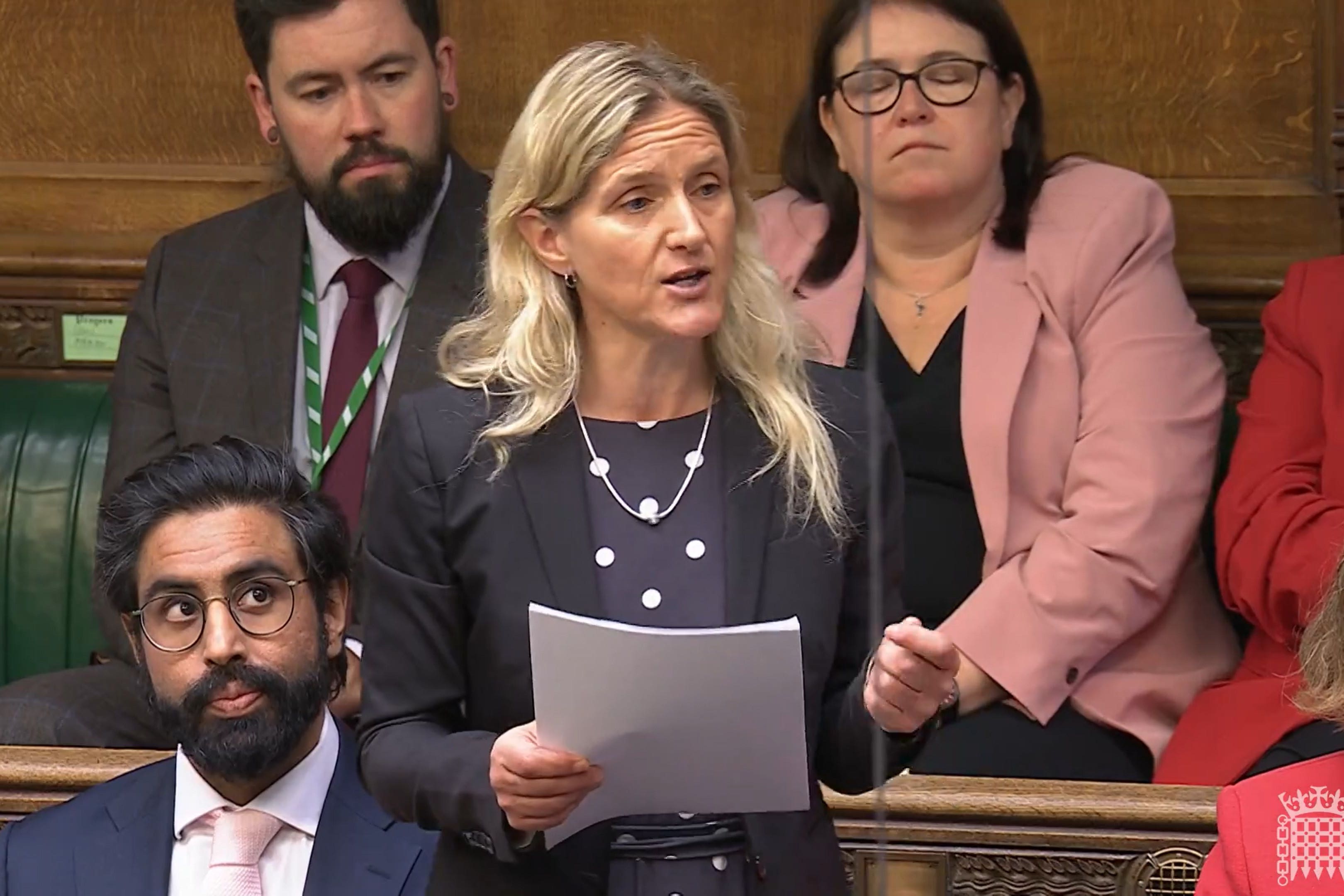
During angry scenes, a point of order was made against Ms Leadbeater after she disappeared from the Commons for around 45 minutes during the debate.
“Is it not a discourtesy to the House and those who have spent some considerable time working on amendments on both sides of the argument, for her not to be here, to hear what they are advocating?”, said Conservative former minister Simon Hoare.
Ahead of the clashes in the Commons, Dame Esther’s daughter Rebecca Wilcox told The Independent: “Sir Keir [Starmer] promised mum it would happen. I think if he promised mum it would happen and then it doesn’t happen, he might need to run for the hills. Because you don’t cross my mum.”
Addressing critics of the bill, Ms Wilcox said she doesn’t believe there is “a God out there that would punish me for not wanting my mum to have a painful death”.
She was speaking as protesters from both sides of the debate gathered outside the Commons to let MPs know their views, with a number of parliamentarians declaring that they had changed their minds on the issue.
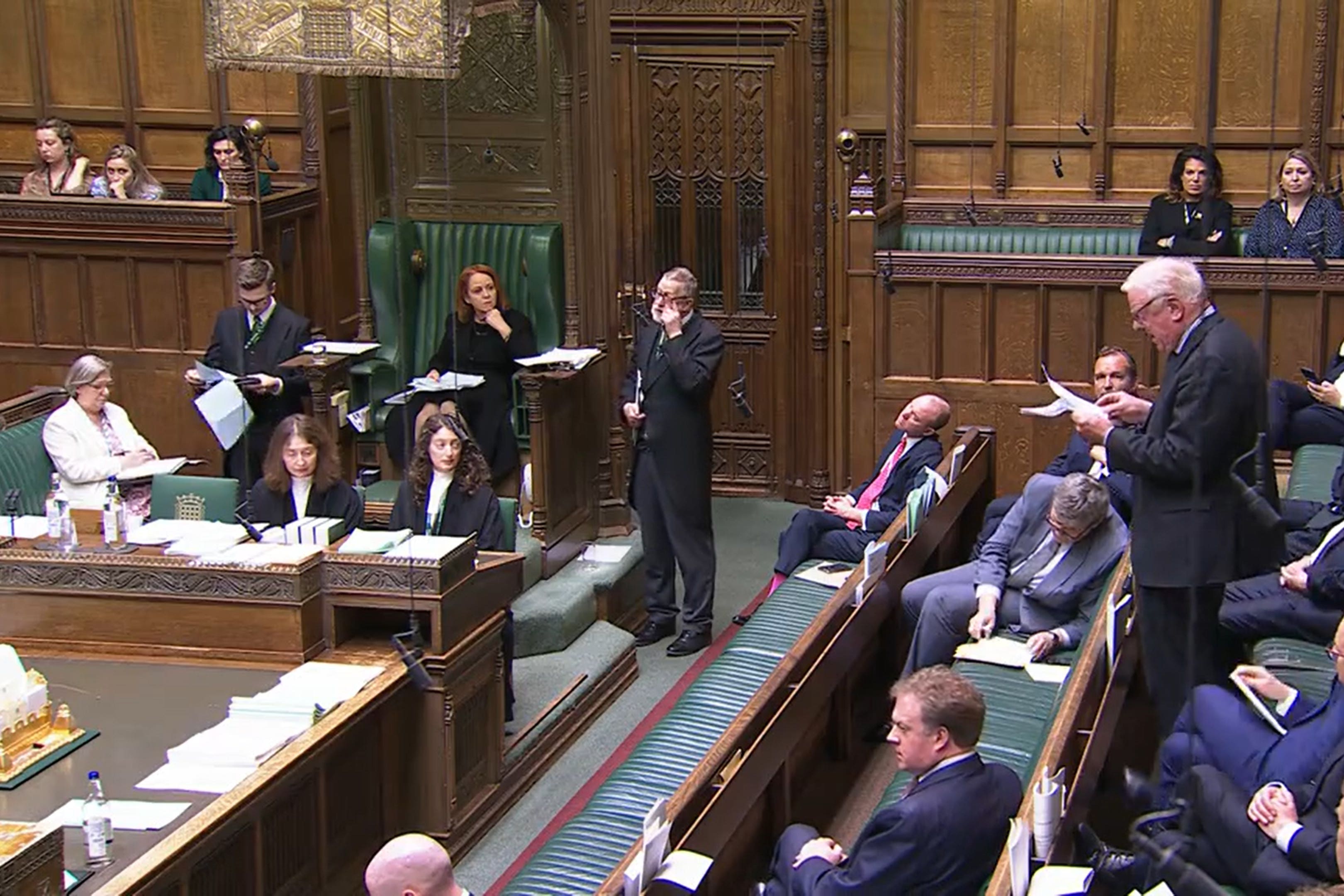
MPs debated amendments to the legislation, including preventing medical staff from raising the option of assisted dying with a patient first. However, they ran out of time, and further debate and voting will now take place on 13 June.
Former Labour minister Anneliese Dodds said the “prospect of a prosecution, sadly, often has not been sufficient to prevent abuse” and coercion could continue to take place.
It comes after the much-lauded High Court safeguard was scrapped in favour of a panel of experts signing off on assisted dying cases.
But Ms Leadbeater said the legislation “goes further than any other around the world in its safeguards, oversight and regulation”.
Laying out her support for the bill, she said many people had "lost loved ones in deeply difficult and traumatic circumstances".
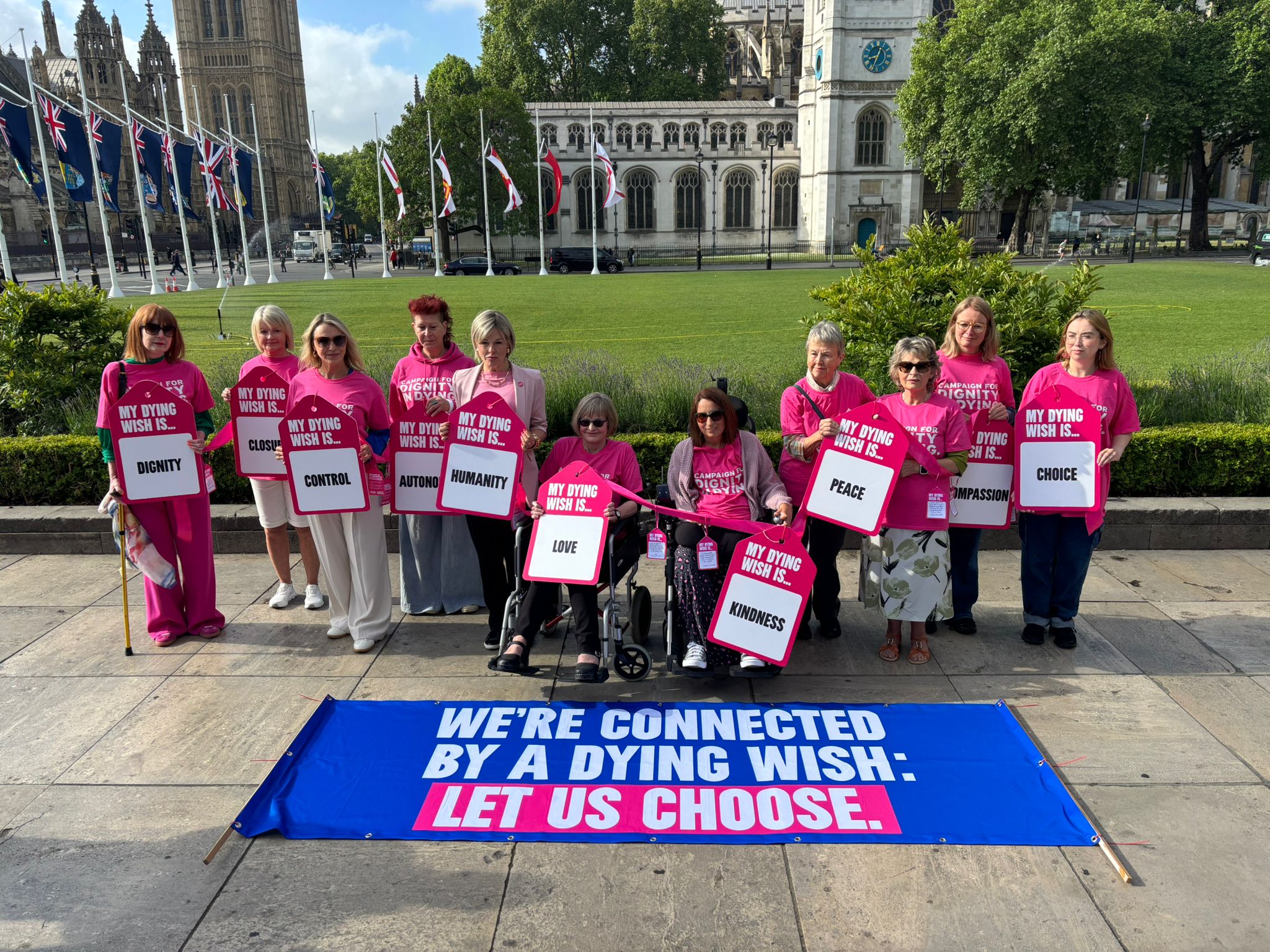
Labour MP Marie Tidball, who lives with a disability, told the Commons everyone should have the “opportunity to be able to choose a good death”.
While some disability activists have argued that the bill could pressure disabled people to end their lives prematurely, supporters of the bill have made clear that the legislation only allows those who have a terminal diagnosis to access assisted dying.
Ms Tidball said that supporting the bill at its second reading was one of the hardest decisions she has “ever had to make”, and required her to “go to the very depths of myself and draw on my experience as a child in excruciating pain”.
“My support was conditional upon specific changes at committee stage. I am pleased to say all these changes have been made”, she told the Commons.
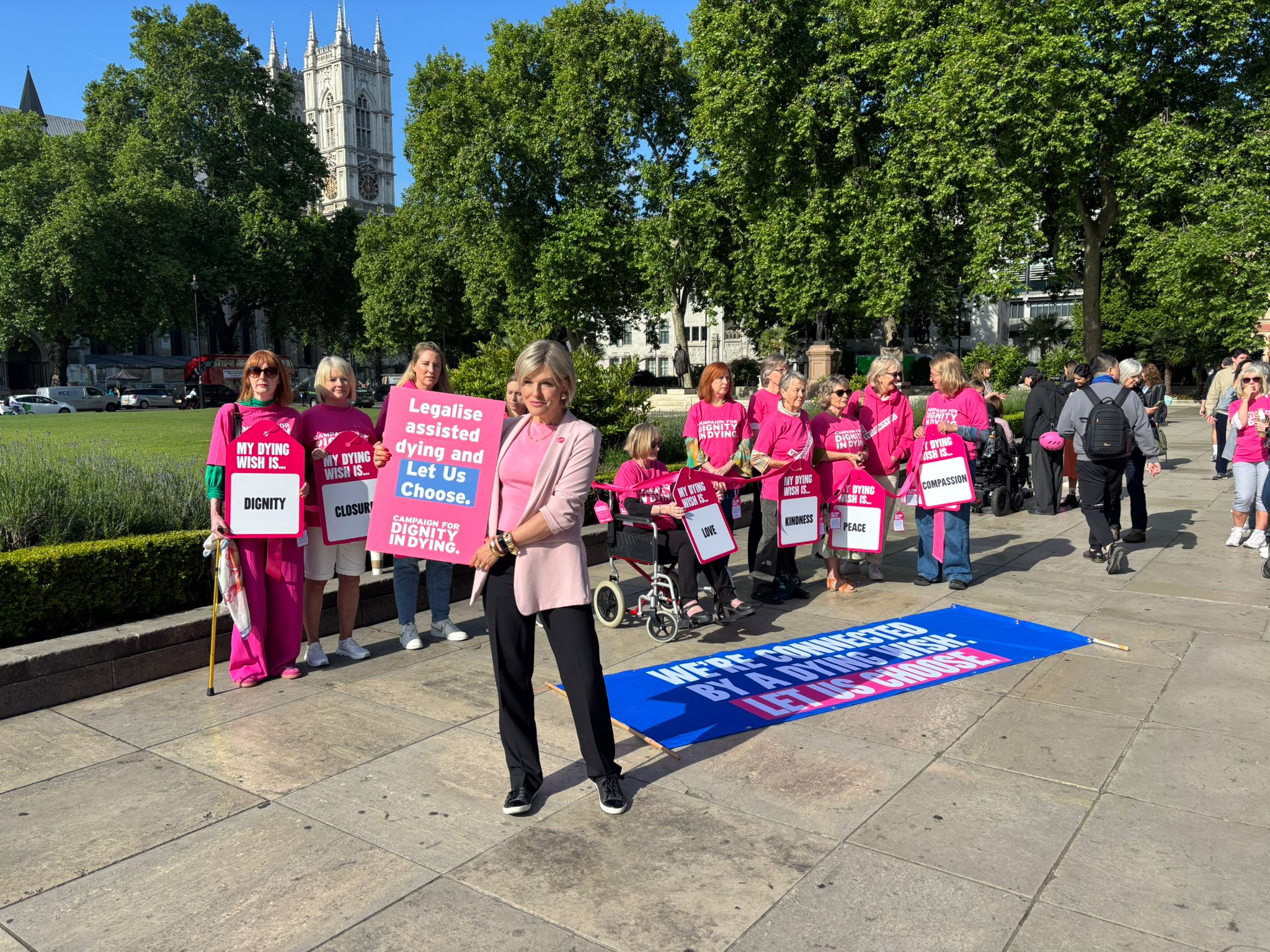
Liberal Democrat MP Liz Jarvis came close to tears as she spoke about her mother’s seven-year struggle with Alzheimer’s, warning that “palliative care can sometimes only go so far” for patients with neurodegenerative illnesses.
Ms Jarvis backed amendment four, which would give patients access to assisted dying if they have 12 months to live with a neurodegenerative illness or disease, rather than the proposed six.
Her voice cracked with emotion as she concluded her speech: “I know what my mum would have said.”
Ms Leadbeater’s hopes of winning the final vote have been boosted by Labour MP Jack Abbott indicating he may switch from opposing the bill to announcing his support for it.
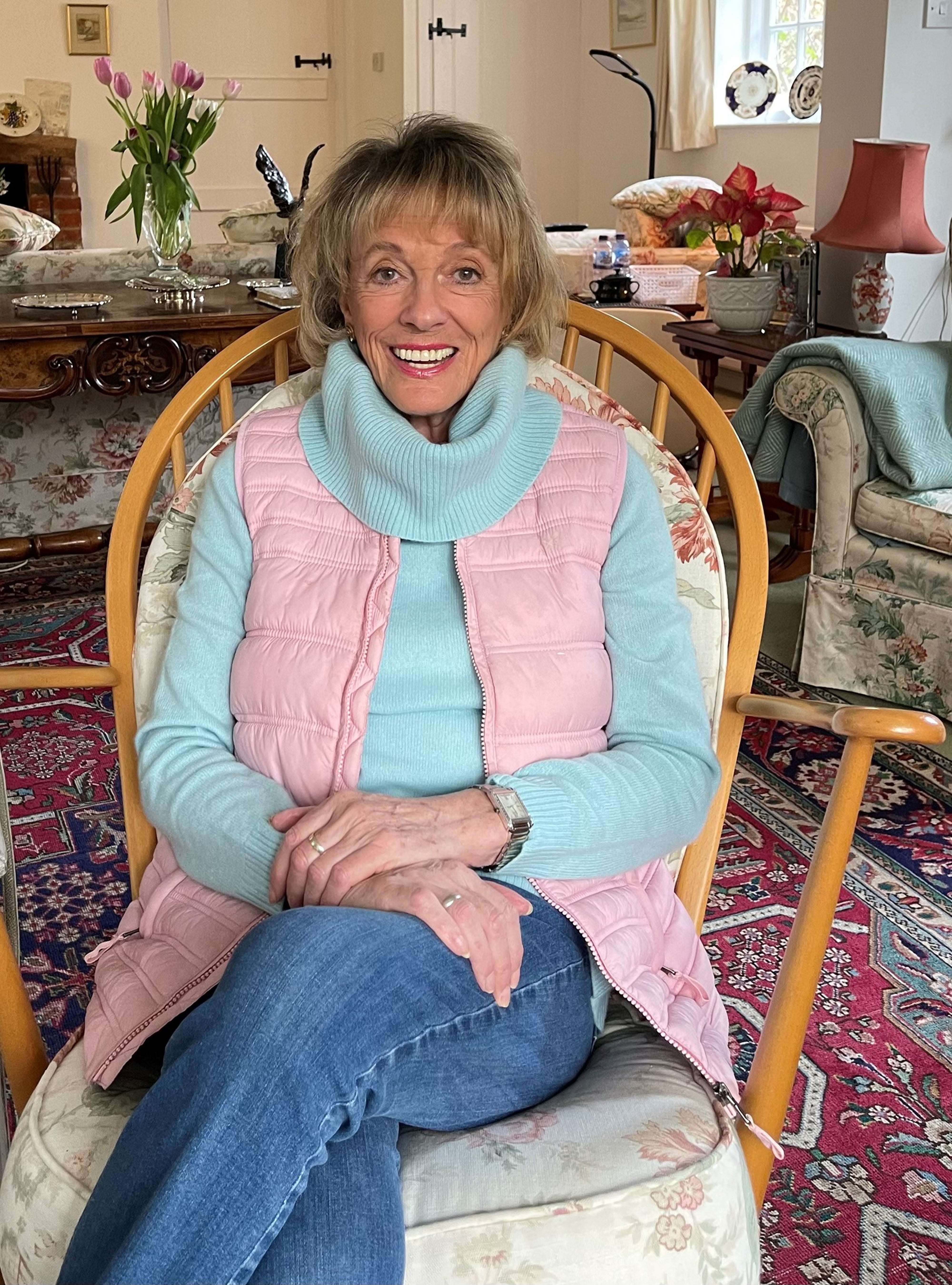
Mr Abbott – who served on the cross-party parliamentary scrutiny committee that examined the bill – said he believes it is “much improved from the one presented to parliament last year”.
However, Labour MP Peter Lamb, who abstained at the second reading, has announced he will now oppose the bill.
In a lengthy statement to his Crawley constituents, he highlighted that “the bill is being proposed in the shadow of a funding crisis in the hospice sector, with hospices closing or being scaled back across the country”.
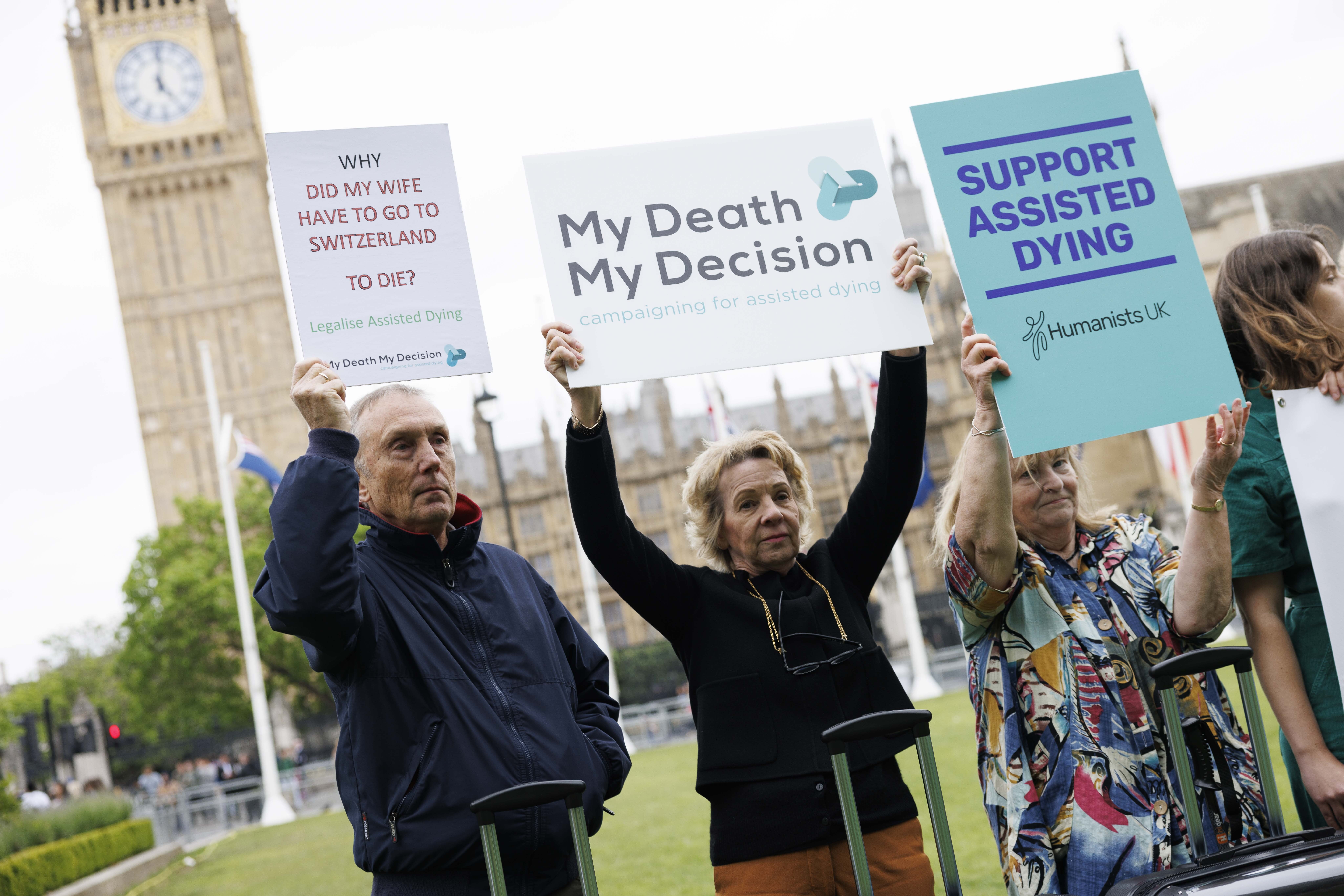
Meanwhile, Tory MP Andrew Snowden publicly announced he was switching sides from supporting the Bill to opposing it, with at least five Labour MPs also planning to do the same.
Mr Snowden told The Independent that he still supports the principle but has concerns about the practicalities of the bill, warning that a private member's bill is “not the right way to go about it”.
He claimed the bill has “already been watered down from its original safeguards”, adding that legislation of “such significance and ladened with such risk should be properly developed and consulted on”.
Labour MP Jonathan Hinder also said he would now vote against the bill, expressing concerns that the legislation has been rushed and telling the BBC “more work needs to be done to make it practicable and safe”.







